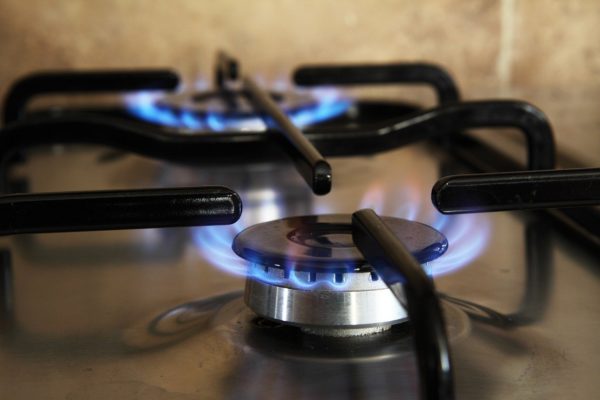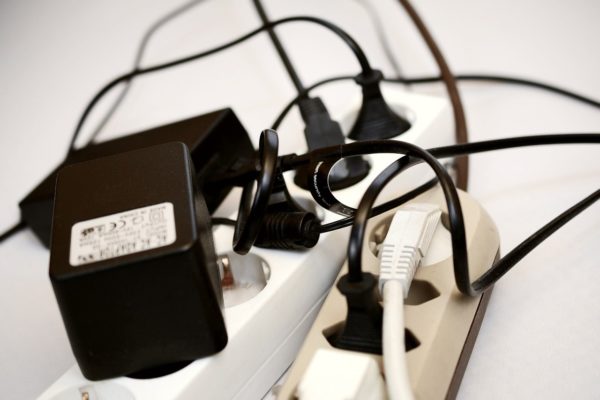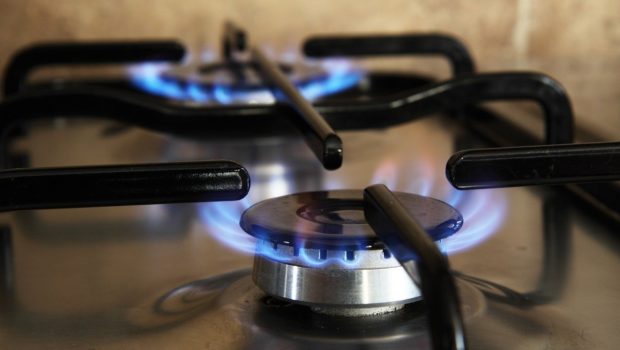COVID-19: The Tech-Based Fire Risks To Watch Out For At Home
During these unprecedented times, in which lives are continually being challenged by the COVID-19 outbreak, people are spending an unusually large amount of time at home.
Over the past few months, millions of people across the globe will have been using household appliances, electricity, gas and technology-based devices much more often than usual.
While this all may sound relatively obvious, when you take into account that over 73,000 house fires occur on a yearly basis when COVID-19 isn’t restricting the amount of time we spend indoors, this raises significant concerns over the number of fires that could be caused throughout the pandemic.
With this statistic in mind, it is crucial that homeowners remain mindful of the devices and appliances that could potentially be found within their home and pose a risk. It’s also important to use your time while self-isolating to make safety-appropriate changes to your property – whether that be through simply checking the safety of your plugs and devices, installing a fire-resistant Sitex security screen or investing in a range of new safety-approved appliances.
To help you get started, join us as we run through a few of the biggest tech-based fire risks you can find in and around the home.

Cooking Appliances
Whether it be through human negligence, an electrical fault or simply leaving large amounts of oil unattended near a heat source, it’s not particularly surprising to hear that cooking appliances are the biggest culprits of household fires in the UK.
Fats, oils and other cooking materials are renowned for their flammability when hit by high temperatures and are notoriously difficult to put out when alight. Therefore, if you’re using suspect electrical equipment in your kitchen, then you could be putting yourself at risk.
While you may have the highest spec toaster or fridge in the world, if the plugs it uses haven’t been sufficiently tested then you could be putting yourself at harm. After all, think about how often you leave your fridge plugged in. For many of us, we rarely even turn it off, meaning that there’s always electricity running through it.
As with any electrical device – whether it be a fridge, washing machine or tumble dryer – they can falter over time. Therefore, it’s important to keep on top of them and watch out for any potential issues they might have.

Electrical Devices
Alongside your electrical cooking appliances, there are many other examples of devices and equipment that could present a fire risk. From smart hubs and phone chargers to smart lighting and games consoles, there’s one thing that each of these devices has in common: a plug.
Each and every plug socket in your home requires regular maintenance to ensure they’re still safe to use. Only certified and credible tradesmen can make this decision, in order to ensure your homes’ fire safety standards are met at all times.
However, it’s not just the plugged-in devices you need to worry about. Other technological devices such as laptops, tablets, power banks and e-cigarettes have all also been known to cause home-based fires, largely due to battery-based issues.
To avoid this becoming an issue for your devices, keep a close eye on how well your devices are working and stay up to date with any battery recall announcements that the companies you’ve bought from release.
Smoke Detectors
While smoke detectors don’t pose a risk by themselves, having an inefficient detector in your home could represent a real issue to your safety. ‘How’, you ask? Let me explain.
A large proportion of UK-based fires typically occur between the hours of 10 pm and 6 am – a time in which many of us are asleep. During our time in the land of nod, our ability to smell becomes almost non-existent, leaving us all incredibly susceptible to sleeping through a potential fire.
Since the very design of a smoke detector is to, well, detect smoke, these life-saving devices will wake you up in the event that there is a fire in your home. However, if your detector isn’t working correctly, you could be putting yourself at risk of smoke inhalation – the leading cause of death from fire.
Therefore, it is imperative for your smoke detector system to be checked on a regular basis, in order to ensure it’s still working properly. Don’t allow your smoke alarm to be a fire risk when they’re only in your home in the first place to potentially save your life.
















